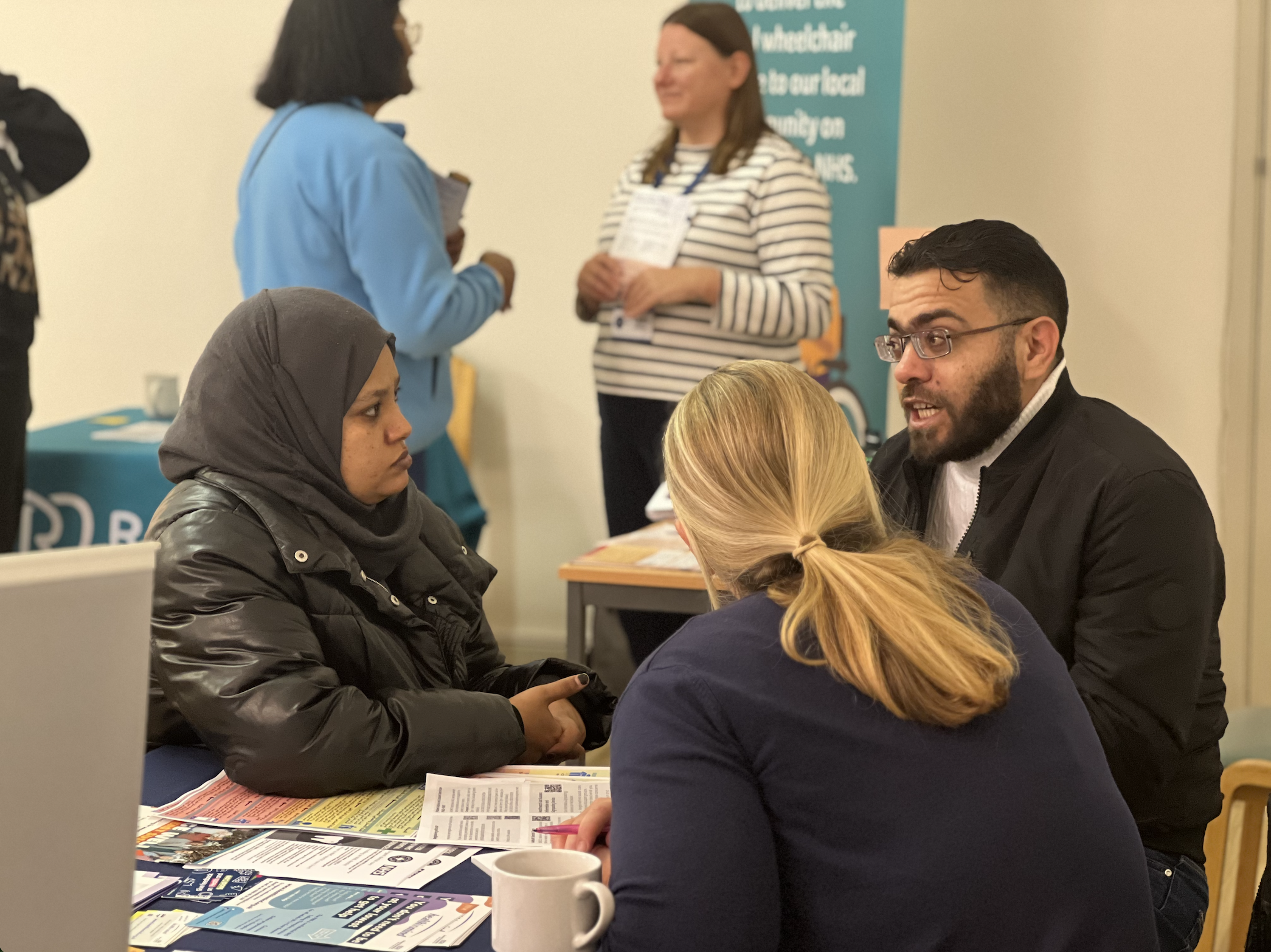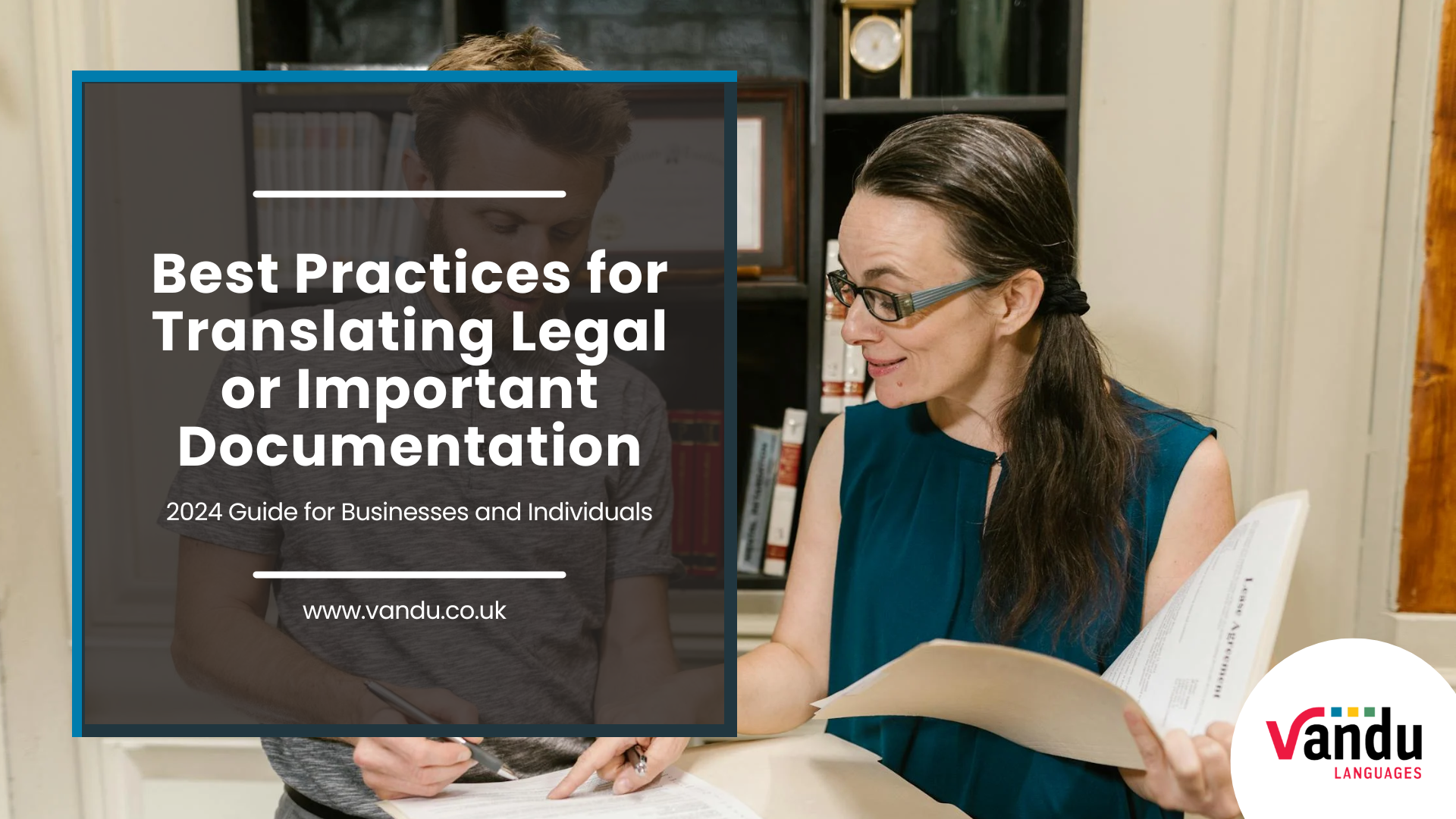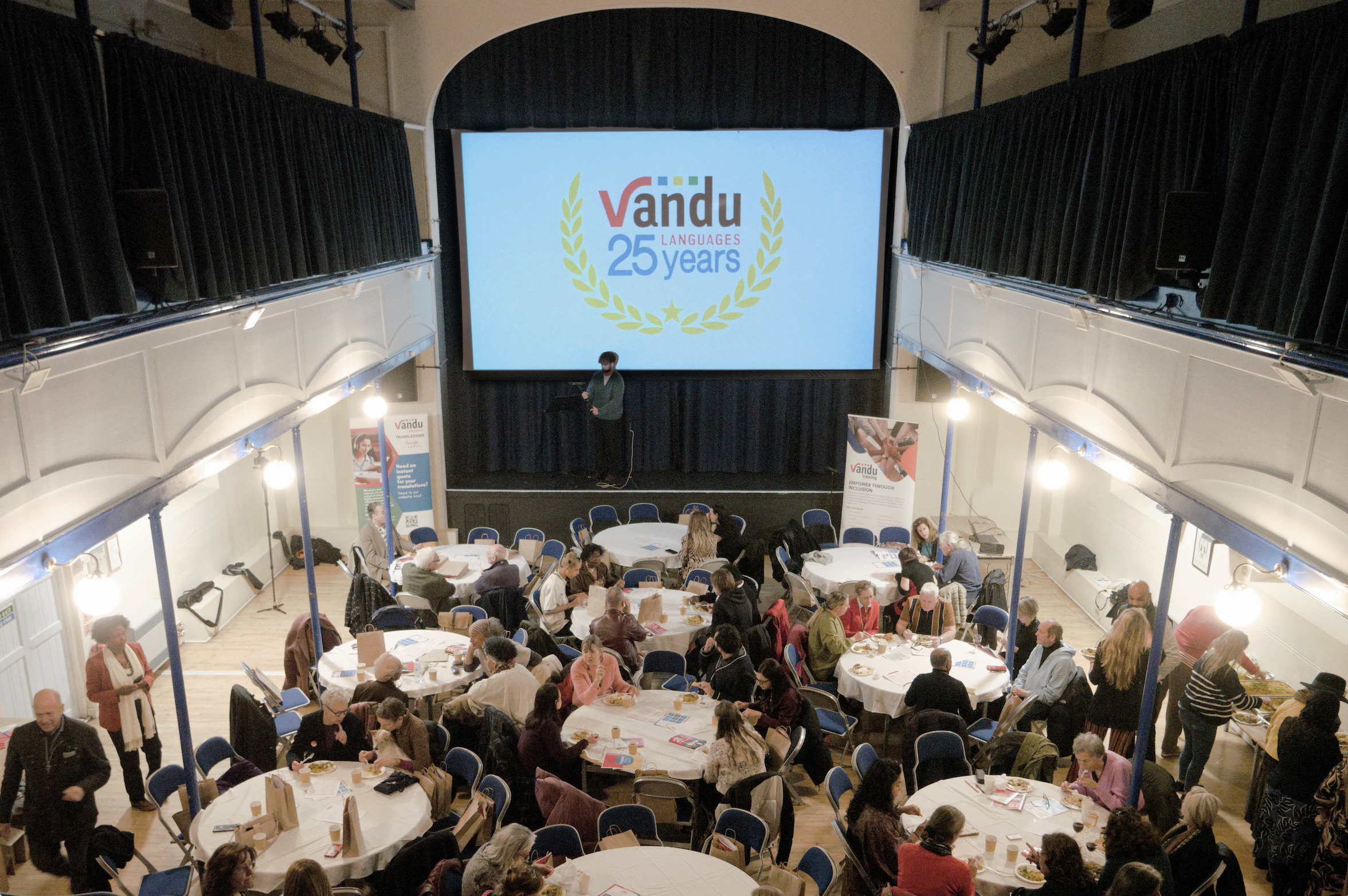What are interpreting services and how to request an interpreter

Language barriers can create significant challenges in healthcare, legal set....
Best Practices for Translating Legal or Important Documentation: 2024 Guide for Businesses and Individuals

Page 1 of 6



